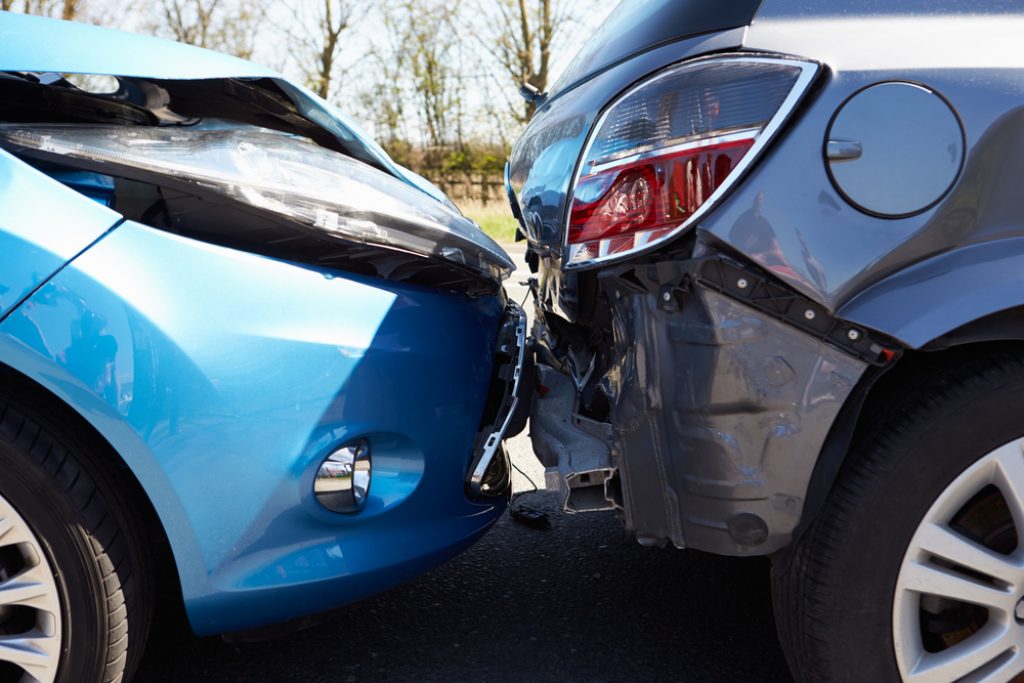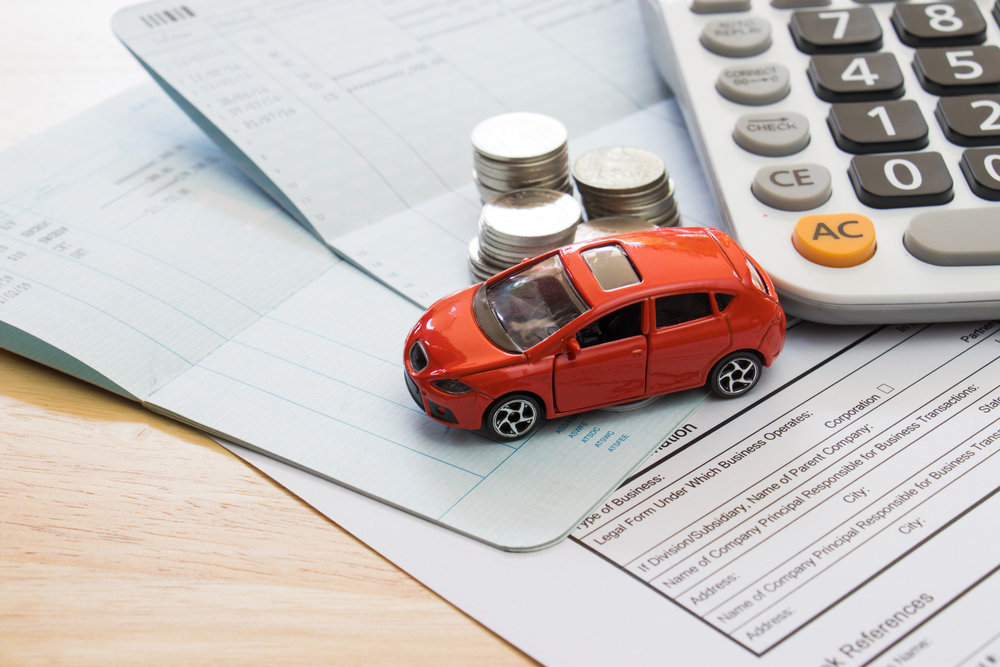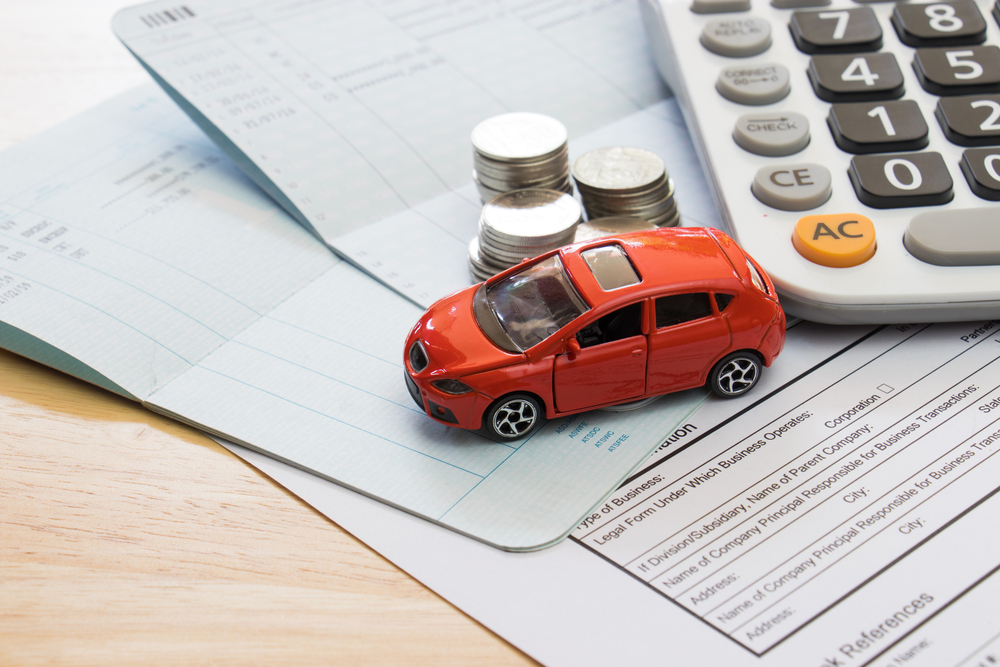Increased costs of materials and labour have caused the cost of car insurance to soar, prompting insurers to call on the Government to reduce tax on premiums.
According to figures from the Association of British Insurers (ABI), in Q3 2023 the average price of motor insurance jumped to a record high of £561 a year, an increase of 29% compared to the same time last year.
The trade body said some insurers have reported increases of 16% for materials, 15% for labour and 46% for other costs, largely driven by the price of energy.
The ABI is calling on Government to reduce the rate of insurance premium tax (IPT) to help motorists, saying that the tax makes up £60 of the average premium.
The ABI’s Motor Premium Tracker analysed nearly 28 million policies sold over the past 12 months. It’s the only data based on the price customers pay for their cover, rather than what they are quoted.
Why is the cost of car insurance going up?
Insurers are experiencing inflationary pressures as well as delays in their repair and supply chains, with the cost of parts and materials going up.
Added to this is the rapid acceleration of car technology. As cars get more sophisticated, they’re even more expensive and difficult to repair. A shortage in the number of skilled technicians is also increasing claim costs further as repairs are delayed.
For example, insurers have reported that the cost of paint has increased 16% and spare parts are up 11% from Q3 2022 to Q3 2023. Other costs, largely driven by the price of energy, are up 46%. All of these have had an impact on the cost of claims, which has pushed up premiums.
A study from EY highlighted that in 2022 for every £1 motor insurers received in premiums, they paid out £1.10 in claims and operating costs.
The ABI said it is working with industry bodies such as the Society of Motor Manufacturers and Traders (SMMT) and Thatcham Research to understand areas of shared concern between manufacturers and insurers, such as vehicle safety and security.
Calls for IPT to be reduced
IPT is applied to most general insurance products including motor, home, pet and health insurance. Last year, the tax made £7.45bn for the Government.
IPT makes up 12% of every car insurance premium, equating to an average of £60 on the typical car insurance premium.
The ABI is calling for this tax to be reduced in the chancellor’s Autumn Statement later this month.
Mervyn Skeet, ABI director of general insurance policy, said: “We appreciate that another quarter of increased motor insurance premiums will be concerning for households who are already grappling with rising costs in other areas.
“Insurers continue to do all they can to keep motor insurance as competitively priced as possible, despite facing substantial increases in costs outside of their control. We’re bringing together representatives from across the sector to discuss issues such as vehicle safety and security. However, the Government could help drivers with an immediate reduction in costs by reducing Insurance Premium Tax.
“If your insurance is coming up for renewal, we would always recommend shopping around and find the best policy for you. But be sure to choose a policy that meets your needs, not just based on price. If you’re struggling to pay your premium, speak to your insurer who may be able to help.”




